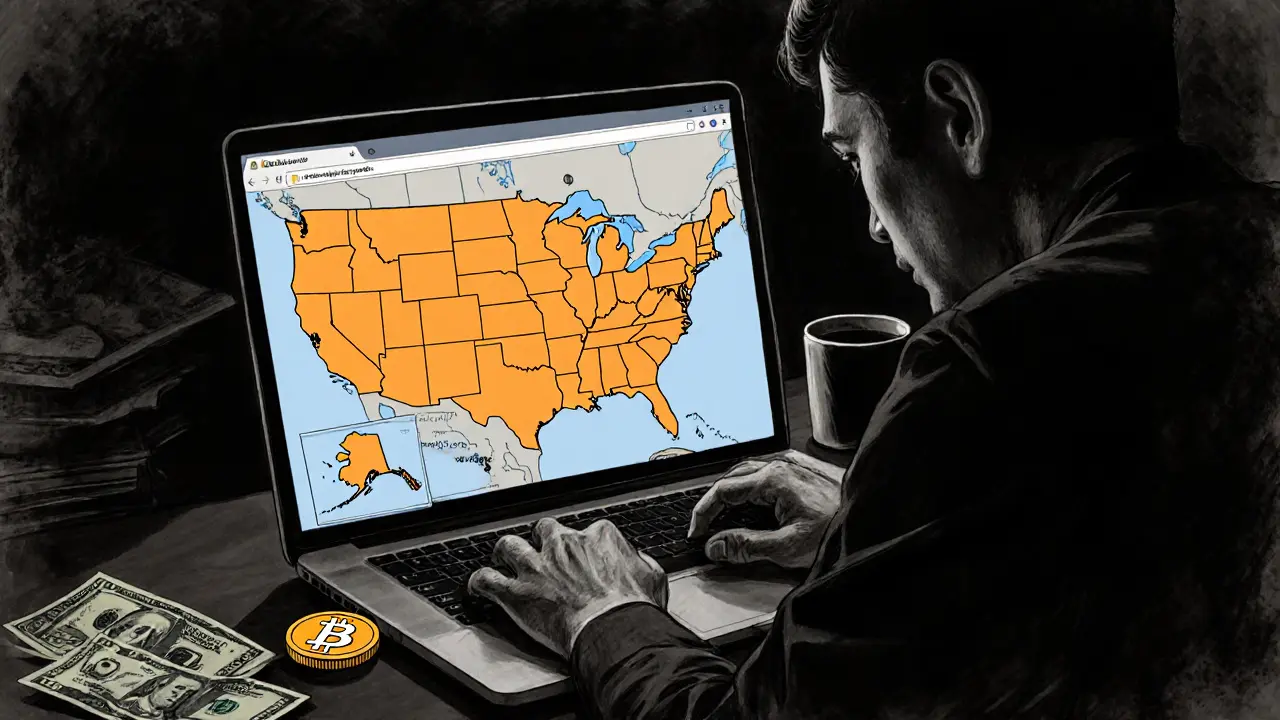Bitay is a crypto exchange with 0% trading fees and up to 10% staking rewards, but it's untracked on CoinMarketCap. Is it safe? This review breaks down its features, security, and who should use it in 2025.
Bitay Trading: What It Is, Why It Matters, and What You Need to Know
When people talk about Bitay trading, a term often used to describe unregulated crypto trading platforms, especially in Turkey and emerging markets. Also known as BitTurk-style trading, it usually points to local exchanges that offer fast fiat-to-crypto on-ramps but lack transparency, security audits, or global compliance. The truth? There’s no official exchange called Bitay. It’s a misspelling, a rumor, or a scammer’s fake website trying to ride the coattails of real platforms like BitTurk or Binance.
What you’re really seeing are copycat sites using names like Bitay, BitayX, or BitayPro—designed to trick users into depositing funds, then vanishing. These platforms often mimic the UI of legit exchanges, promise low fees, and push fake customer support chats. They’re not built to help you trade—they’re built to take your crypto. Real exchanges like BitTurk, a regulated Turkish crypto exchange with KYC, fiat support, and institutional-grade security, don’t hide behind typo-ridden domains. And Binance, the world’s largest crypto exchange with 350+ coins, low fees, and global compliance, doesn’t need to disguise itself as something else to attract users.
If you’re looking for reliable crypto trading, focus on platforms with clear ownership, public audits, and verifiable team members. Avoid anything that asks you to send funds to an unknown wallet, promises unrealistic returns, or has no history online. The real trading tools you need—like secure wallets, liquidity tracking, and exchange comparisons—are already covered in the posts below. You’ll find honest reviews of exchanges that actually exist, scam warnings for fake tokens, and guides on how to protect your assets when trading in volatile markets. No fluff. No fake names. Just facts.

